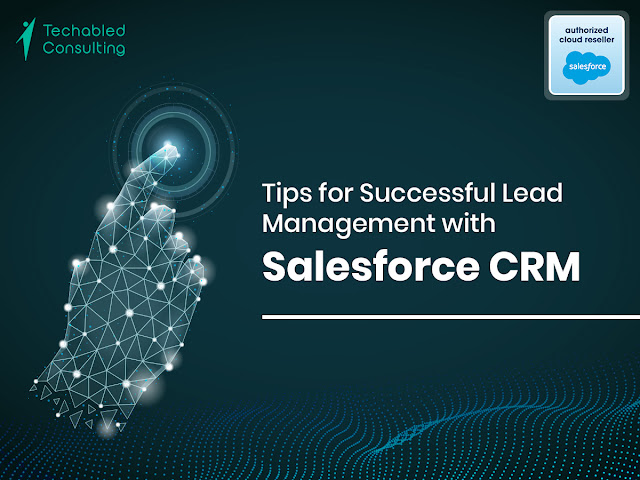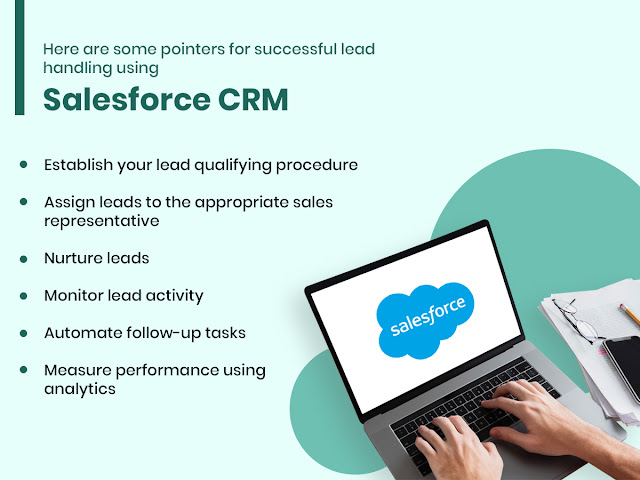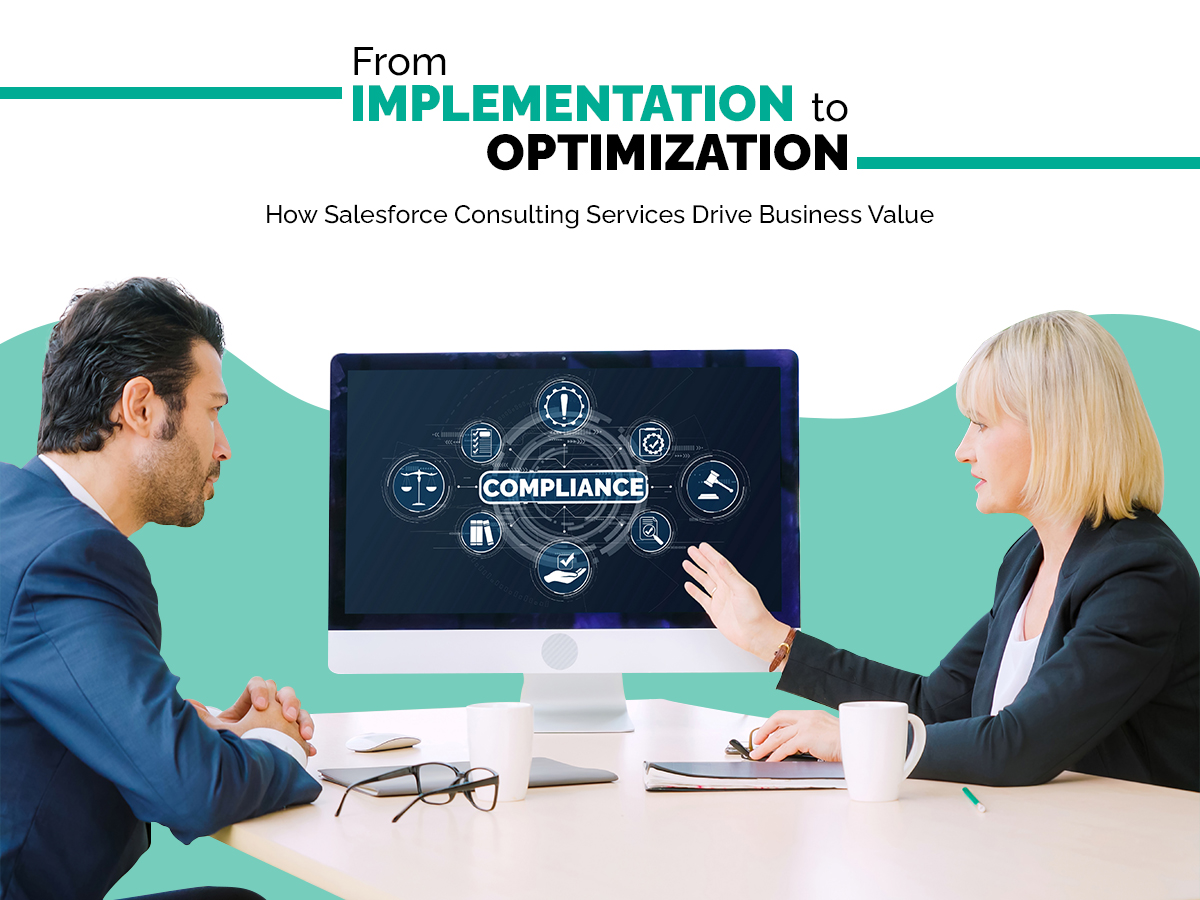Tips for Successful Lead Management with Salesforce CRM
Lead management is an important component of every organization, and Salesforce CRM may be a useful tool for managing leads efficiently.
Establish your lead qualifying procedure: Define the criteria for determining if a lead is a potential customer. Create a system for scoring and categorizing leads depending on their degree of interest, budget, and other pertinent aspects. Use Salesforce CRM to automate the lead scoring process, which may assist in swiftly identifying high-value prospects.
Assign leads to the appropriate sales representative: Assign leads to the appropriate sales representative based on their abilities, experience, and workload. Use Salesforce CRM to automate the lead assignment process to guarantee that leads are followed up on swiftly and do not fall through the cracks.
Nurture leads: Not every lead is ready to buy right away. Set up a lead nurturing process in Salesforce CRM to distribute relevant material to leads over time, like blog articles, white papers, or case studies. This can assist keep your firm at the forefront of the lead's mind when he or she is ready to make a buying choice.
Monitor lead activity: Salesforce CRM can be used to monitor lead activity such as website visits, email opens, and downloads. This data may assist sales representatives in determining which prospects are most engaged and ready to buy, allowing them to prioritize their follow-up efforts.
Automate follow-up tasks: Salesforce CRM management software can be used to automate follow-up actions like scheduling a call, sending an email, or creating a reminder to follow up later. This can assist guarantee that follow-up duties are done on schedule, allowing sales professionals to focus on higher-value activity.
Measure performance using analytics: Use Salesforce CRM management software to assess the effectiveness of your lead management process. Metrics such as lead conversion rate, time-to-close, and sales cycle duration should be tracked. Make data-driven judgments using this data to find areas for improvement.
Finally, good lead management is critical for every organization, and Salesforce CRM management software may be a strong tool for successfully managing leads. You can maximize the effectiveness of your lead management efforts and drive more sales for your business by defining your lead qualification process, assigning leads to the appropriate sales rep, nurturing leads, tracking lead activity, automating follow-up tasks, and using analytics to measure performance. Want to know more about it, visit Techabled Consulting.





Comments
Post a Comment